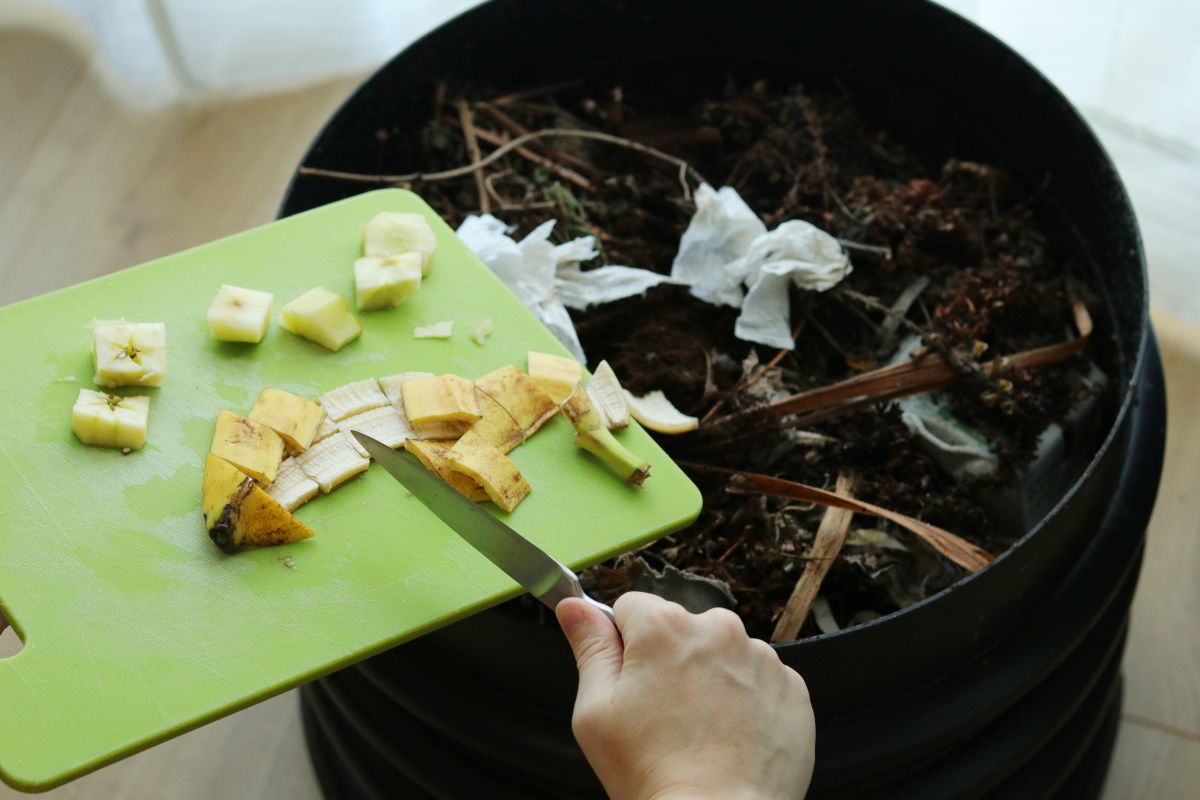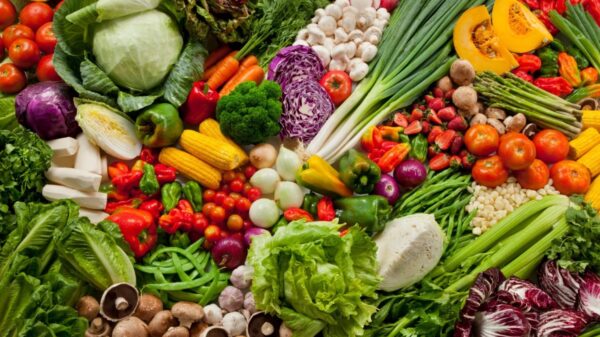In the pursuit of a sustainable and eco-friendly lifestyle, turning your kitchen waste into nutrient-rich fertiliser through composting is a fantastic way to contribute to both your garden’s health and the environment. With various composting methods available, including wormeries, Bokashi composting, and traditional composting, you can transform your organic scraps into ‘green gold.’ Plus, many local councils offer free composting bins, making it even easier to get started on your composting journey.
Wormeries: Nature’s Tiny Compost Heroes
Wormeries are a captivating and efficient way to compost kitchen waste. By enlisting the help of diligent earthworms, you can convert your food scraps into nutrient-rich vermicompost. These industrious creatures devour organic matter, breaking it down into a valuable substance that significantly enriches the soil. Wormeries are especially suitable for those with limited outdoor space, as they can be conveniently placed on a balcony or patio.
Bokashi Composting: Fermenting Your Way to Fertility
If you’re looking for a compact and odor-free composting method, Bokashi composting might be your answer. This Japanese technique involves fermenting your kitchen waste using a specialised Bokashi bran. The process encourages the breakdown of materials without emitting unpleasant smells. After the fermentation process, the pre-compost can be buried in your garden, where it continues to decompose and enrich the soil.
Traditional Composting Techniques: Nature’s Circle of Life
Traditional composting is the tried-and-true method of turning your kitchen waste into nutrient-dense fertiliser. By combining food scraps, garden waste, and other organic materials, you create a dynamic ecosystem where bacteria, fungi, and insects work together to break down the waste into compost. Regular turning and monitoring of your compost pile ensure that the process remains balanced and efficient.
Local Council Composting Bins: A Convenient Option
Many local councils offer free or subsidised composting bins to encourage residents to embrace sustainable waste disposal practices. These bins can handle a variety of organic materials, including fruit and vegetable scraps, coffee grounds, eggshells, and more. By participating in your council’s composting program, you contribute to reducing landfill waste and enriching your garden’s soil.
Conclusion: Nurturing Your Garden and the Environment
Composting your kitchen waste isn’t just about reducing your ecological footprint; it’s about fostering a connection with the earth and nurturing the growth of your garden. Whether you opt for a wormery, try your hand at Bokashi composting, or embrace traditional composting techniques, the benefits are manifold. Your garden will thrive with the help of nutrient-rich compost, while you contribute to reducing waste and promoting a greener planet. And remember, local councils are ready to support your composting efforts with free composting bins, making it easier than ever to embark on this enriching journey. So, roll up your sleeves, gather your kitchen scraps, and let the transformation from waste to fertiliser begin!


















